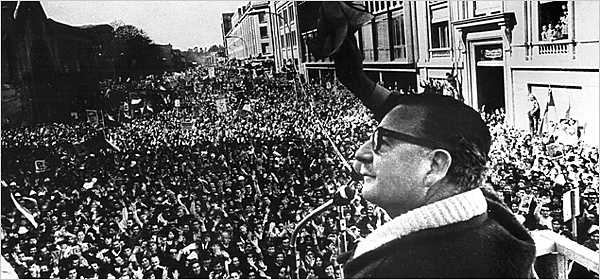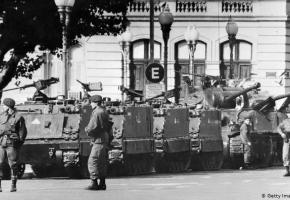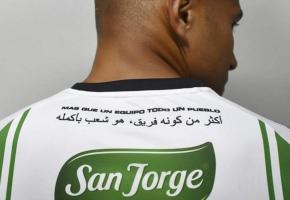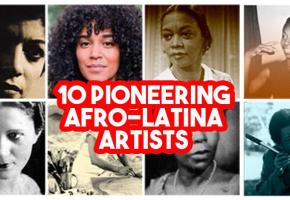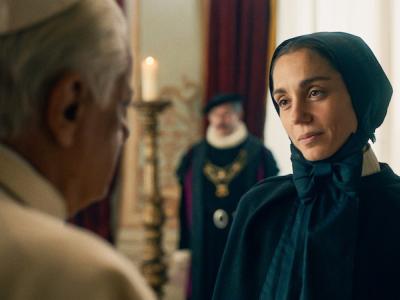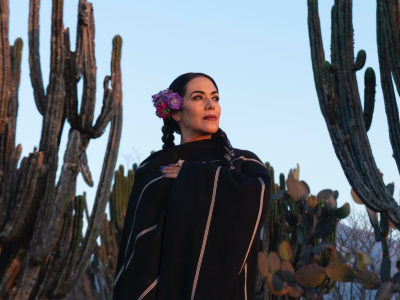What is important, I suppose, is my last conversation with President Allende at the end of August 1973.
Salvador phoned me on the evening before I left for a very important trip to convince governments to continue buying our copper, despite US pressure on them. He asked me to come and see him. I told him I couldn’t, that I had work to do, and asked what it was he wanted to see me about. Nothing special, he said, only that he wanted to say goodbye, adding that he had the feeling this would probably be our last conversation.
‘Is the situation as bad as that?’ I asked.
The reply was simple: ‘Yes, it is only a question of time, I think we have very little left.’
I suggested cancelling our trip. ‘Out of the question,’ he said. ‘We are still a government and will remain so till the end.’
Two weeks later, on 10 September 1973, I was on a plane back to Santiago after a successful trip to Scandinavia and the USSR. Just after crossing the Andes, the pilot announced he had orders to fly back to our last destination, Montevideo, Uruguay. He explained that the airport had been closed for political reasons. It was a terrible moment. The rest of the passengers cried for joy and asked for champagne. I felt alone and scared.
On arrival in Montevideo, I heard on the radio that the Moneda had been bombed and the President was dead. I knew the military would be waiting for me at the airport if I landed. They had arrested all the President’s people. I couldn’t stay in Uruguay, because it too was under a right-wing military regime and I would have been picked up by Operation Condor. I explained this to the pilot who agreed to take me to Buenos Aires, as Argentina was still a democracy.
For the first few days I was in a state of shock. My husband had been arrested and I had no news of him. My children were alone, my mother-in-law was taken to a clinic out of her mind. Cuba and Mexico offered me refugee status, but I decided to stay in Buenos Aires with friends. I knew I could make a life in Buenos Aires. I finally got my children over and in the January I was offered work at Aluar, an aluminium company. I received a lot of help from my friends, even Pinochet supporters, who were flabbergasted at our situation. One of them even lent me money to buy a small Fiat to get around in.
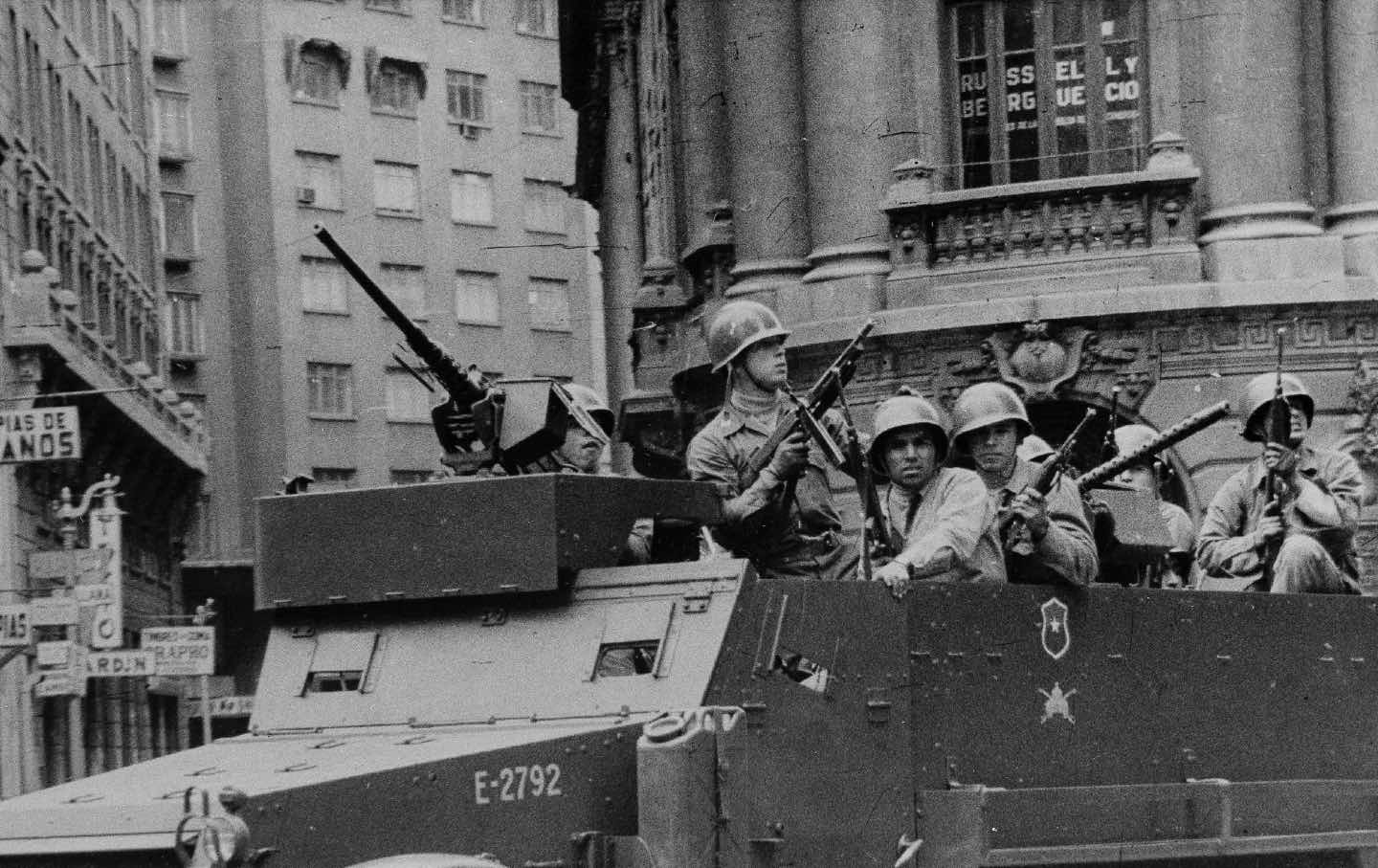
Little by little life improved. Financially it was tough, but my children were safe, even though the youngest went into a psychological regression from which he was never able to recover. The worst of it was that I finally heard news that my husband had been sentenced to death.
After two years in Buenos Aires, one morning in late March 1976 I was taking the kids to school when my daughter stopped and said to me:
‘There is a coup taking place.’
‘What are you talking about?’ I asked, astonished.
"Because there was nothing on the radio this morning but military music, just like when it happened in Santiago.’
I took my kids back home and decided they should stay at home, but that I would go to the office as usual. I didn’t think there was anything to worry about, but at about 3 o’clock a group of men arrived asking to see me. The company refused them entry, but they stormed in and took me, saying I was expected at the military headquarters.
For the fist time in my life, I was really afraid, not just scared like I'd been on the plane, but terrified. I tried to act cool. I refused to be taken in their cars but agreed to follow them in my own. Very soon I realized we were not going to the place they had said but to the Coordinación Federal (something like the Argentine Gestapo). I was told to leave my car and walk down a street, enter the building and take an elevator. I realized nobody had seen me enter. Was this how they made you ‘disappear’ I asked myself?. I waited in the room as I was told and a little later the interrogation began.
A big dossier was presented to me, with a list of my friends, their addresses, telephone numbers, a typescript of my telephone conversations, photos of myself and my daughters in all kinds of situations. I thought: even if they know my dreams, they have nothing on me. Most of my friends were business people. From time to time I met Chileans, but I never had any kind of political relations, for obvious reasons. So I decided to behave like a high society lady, a little dumb, and wholly ignorant of anything not related to my work and social life.
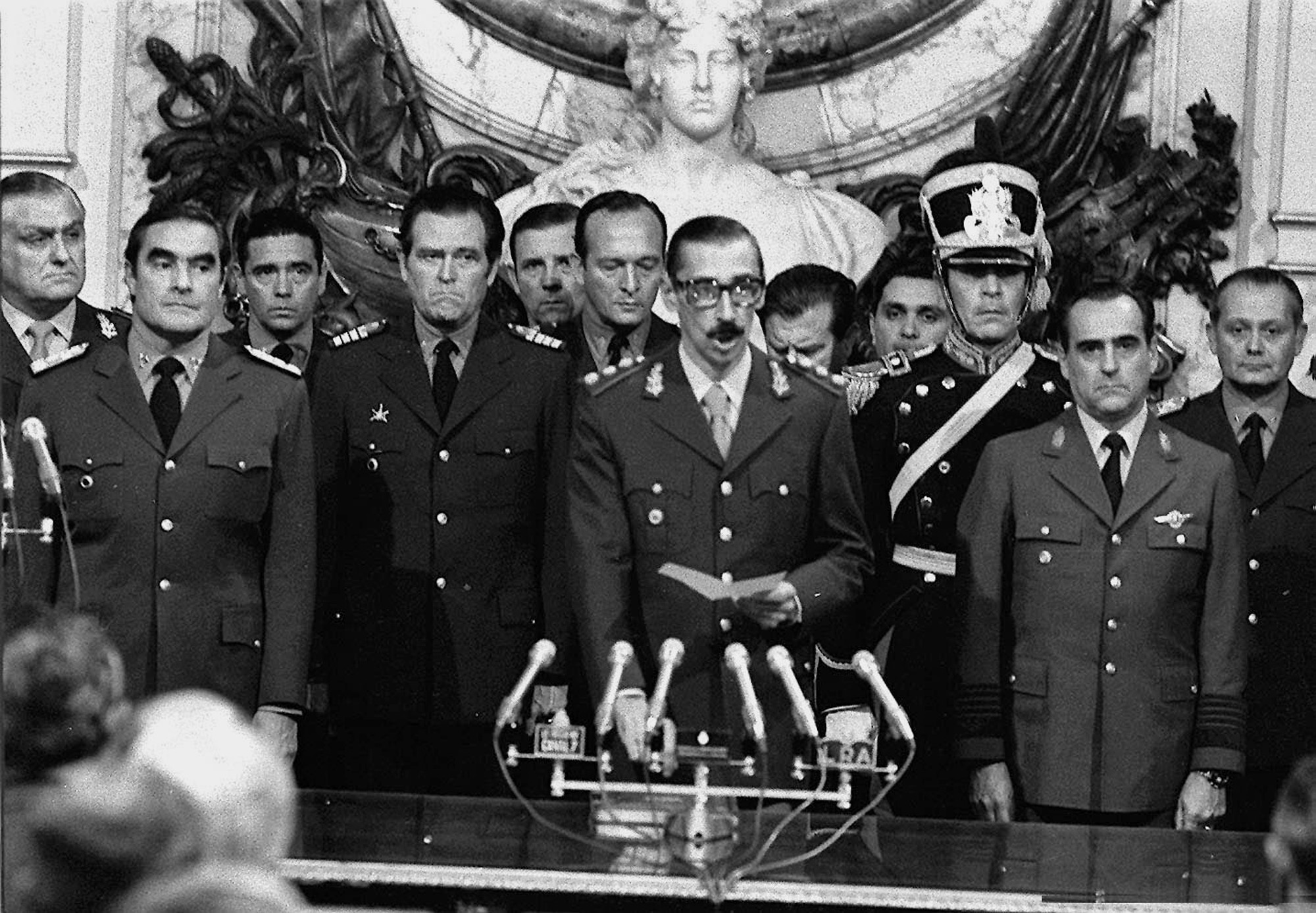
After a couple of hours they let me go under the condition that I work for them. I told them I could do nothing but they insisted and informed me they would be contacting me very soon. I was shaking from relief when I left. It was very late, a curfew had been imposed and there was not a soul around. As I drove back through the empty streets I felt like I was in a nightmare. I had often feared this, something out of Nineteen Eighty-Four, but we had been so absorbed in our dream and optimism, you could never imagine it happening.
When I got home, I was told that officers had come to the house during the day, locked my children in a room, searched the house and interrogated my daughter for hours. The next day I told the executive of my company what had happened and he advised me to leave the country as soon as possible. It was not going to be easy because I was being followed constantly. Thank God a friend of mine in London understood the situation and let me know through Swiss Air that tickets would be waiting for me at the airport desk for a fixed date.
On the day of the flight I went to the office as usual and my daughter went to school. We were both being followed. We came back home for lunch as usual and two Argentine women, great friends of mine, arrived to take us to the airport. I knew since the interrogation that the caretaker of our apartment block was working for the police, but my friends had managed to take our luggage the night before, so he saw nothing strange. We arrived at the airport with plenty of time, too much time in fact, for the worry was unbearable and it felt like days.
When we finally got on the plane, I noticed some strange movements up front. Military policemen were trying to get on the plane and they were in discussion with the airline staff. Those moments, which amounted to a delay of two hours, were excruciating. It was like my life was being decided between them. Later I discovered that from the airline’s point of view, the fact we were on the plane meant that we were on Swiss territory.
I was safe in Britain. In the US, the CIA collaborated with Pinochet’s intelligence service in the 1976 murder of Orlando Letelier, the former Chilean Ambassador who had been stirring up a fuss in Washington about Pinochet’s human rights abuses and The US Secretary of Sate Henry Kissinger’s involvement in the coup. A nation could 'not be allowed to go Marxist simply because of the irresponsibility of its people,' Kissinger had said when Chile voted Allende into power. Kissinger provided intelligence to right-wing groups and the Chilean army, funded strikes and media propaganda in Chile to discredit Allende. He convinced US and world banks to increase economic pressure. The idea, as President Nixon put it, was to 'make the Chilean economy scream.'
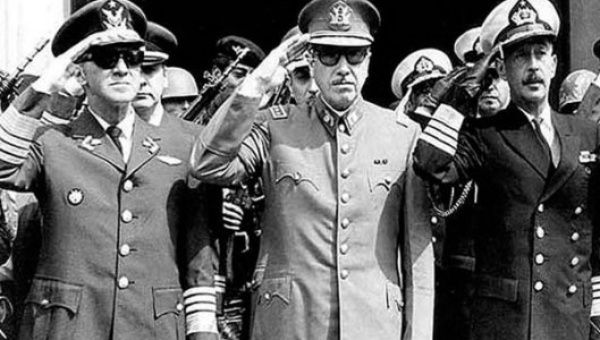
I'm not sure how much the British were invoice in the coup also, but I did not feel my life was at risk here. If felt safe enough to look back and reflect on what had happened in Chile. This is my experience of what had happened
When Allende was elected it was a very exciting time. We were the first Revolutionary Socialist government to be democratically elected in Latin America. It was something very new and we had the eyes of the whole world upon us to see what would happen. We were very optimistic. We thought we could make real change for a fairer society. But the global context was very difficult. The USA was not prepared to accept socialism as a regime voted by the people, and their intervention was clear before Allende was inaugurated, when the CIA funded the murder of the Secretary of General Staff Schneider. He was against getting the army involved in the democratic process. His murder only managed to rally support around Allende.
Meanwhile the US was telling countries like Sweden that if they bought copper from companies we had expropriated, even though we had arranged a good compensation agreement with those companies, the US would not buy steel from them. All US loans to Chile suddenly stopped, despite our impeccable record on debt repayment. The financial situation became very difficult. What really brought the country to a standstill was lorry haulers’ strikes funded by the CIA and Chilean big business. Food wasn’t getting to the capital and housewives took to the streets in protest at food shortages. We saw it as a battle we had to win, and we had a lot of moral support.
The problem was we did not have a majority in government. It was a coalition and the different left-wing elements of the government began to bicker over strategy. Allende was criticised by the far left-wing for not taking a hard enough line. They wanted Allende to nationalize the companies that were sabotaging the economy, the hauler companies for example, but Allende insisted on not being too radical. He wanted to make reforms gradually through the democratic process. Funnily enough the communists in the coalition agreed because they were very wary, after what had happened in Cuba, of being put in the Russian bag, and did not want to give the Americans any justification for action.
Once the conservatives came out onto the streets, so did the revolutionary left, and things began to get out of control. We were getting attacked from the left and from the extreme right. I think in retrospect Allende’s flaw was that he was no strongman. He refused to use force and he refused to close Congress, which he could have done since he had the backing of the military led by general Prats who was later murdered by Pinochet. Allende always took the constitutional route, even when it became obvious that our opponents in Congress were not playing by the rules. Most of them had business ties to the US, and were secretly discussing with the Americans how to overthrow Allende. In the end the forces against us were too strong. 'It was only a question of time', as the President told me himself.
This story was first recounted to Amaranta Wright in 1997 and was first published in her critically acclaimed book Ripped and Torn


